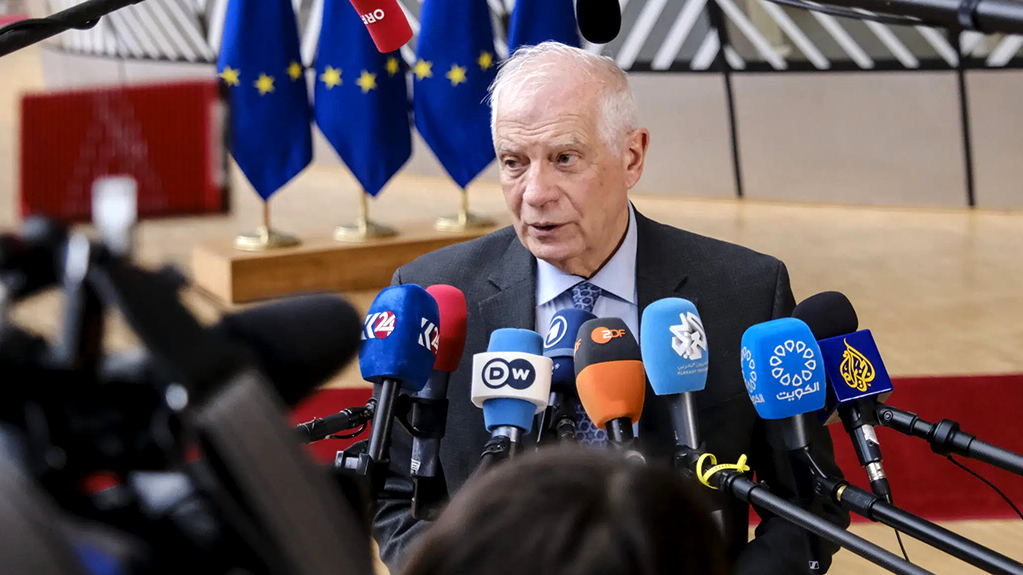The High Representative of the European Union for Foreign Affairs and Security Policy, Josep Borrell, stated during the Council of Foreign Affairs meeting that he proposes to freeze 100 million euros of aid to the Georgian government and reallocate this amount to civil society organizations.
News
"Today, everybody will be discussing Georgia, as concrete decisions to be taken.
I propose to stop supporting an important portion of the programs that go to the government. More than 100 million euros will be frozen and, instead of being allocated to the government, will be allocated to civil society organizations. We will take this amount, about 100 million euros, and give that money to civil society organizations in order to support their fight for fair elections.
The people of Georgia will be continuing to receive the European Union’s support," said Josep Borrell before the start of the Council of Foreign Affairs session.
He also noted that Georgia’s accession process to the European Union is currently suspended and will remain so until the Georgian government “goes back to the track.”
"To go back to the track, a lot of things have to change. In the meantime, we will redirect the funds initially allocated to the government for the people who are fighting for freedom," Borrell stated.
The High Representative of the European Union emphasized the importance of investigating the elections. According to him, "what has happened has to be fully assessed."
"You cannot say that the elections were not free and fair and not investigate them. We started to ask the government to clarify all of the complaints of the people. Obviously it has to be investigated. Obviously, there must be an investigation, and obviously, there must be accountability," said Josep Borrell.
Today, November 18, the Council of Foreign Affairs is convening in Brussels, chaired by Josep Borrell. One of the key topics on the agenda is the current situation in Georgia following the October 26 parliamentary elections.
Before the Council meeting, the four opposition parties that crossed the electoral threshold in the parliamentary elections sent a letter to Borrell and the EU foreign ministers. They urged the European Union to take immediate steps to pressure the Georgian government.















